The 'real dollar' hidden cost of clutter – I'm a professional organizer and here's how I help clients easily avoid financial waste, get time back, and restore calm at home
Invest in your future self

Chiana Dickson

Design expertise in your inbox – from inspiring decorating ideas and beautiful celebrity homes to practical gardening advice and shopping round-ups.
You are now subscribed
Your newsletter sign-up was successful
Want to add more newsletters?

Twice a week
Homes&Gardens
The ultimate interior design resource from the world's leading experts - discover inspiring decorating ideas, color scheming know-how, garden inspiration and shopping expertise.

Once a week
In The Loop from Next In Design
Members of the Next in Design Circle will receive In the Loop, our weekly email filled with trade news, names to know and spotlight moments. Together we’re building a brighter design future.

Twice a week
Cucina
Whether you’re passionate about hosting exquisite dinners, experimenting with culinary trends, or perfecting your kitchen's design with timeless elegance and innovative functionality, this newsletter is here to inspire
Clutter isn't just a matter of messy countertops and overflowing cabinets – it carries hidden costs. From duplicates, unnecessary waste, and bills, the financial impact of disorganization can add up shockingly fast.
But the costs don't stop at your bank account. Living with clutter is space, time, and energy-expensive, too, leaving you feeling mentally weighed down in your own home.
That's why I work with clients through tried-and-tested decluttering methods to break free from these unhelpful patterns and restore control. Here's how you can do the same with ease.
How to overcome the hidden costs of clutter
There are more benefits to a tidy home than being able to find what you need quickly and easily.
Clutter often creates hidden costs that add up quickly. Chances are good that you’re buying duplicates – or more – of what you already own for the simple reason that you can’t find what you’ve already got.
Every square foot in your home is valuable real estate, and when it’s consumed by things you don’t use or love, you’re essentially putting a price tag on clutter and paying rent for your stuff.
Overflow means paying for storage units (the land of emotional mismanagement) or installing costly shelving in the garage.
Design expertise in your inbox – from inspiring decorating ideas and beautiful celebrity homes to practical gardening advice and shopping round-ups.
The financial impact of clutter goes beyond the tangible, too.
Living in a cluttered environment has been linked in studies to higher stress and lower productivity, which can impact mental health and even your earning potential.
What looks like a messy closet can quietly sit in the background, draining a bank account.
Once people recognize that clutter has a real dollar cost, they begin to see clearing out as a financial decision as much as an emotional one.
How to clear clutter and regain financial control
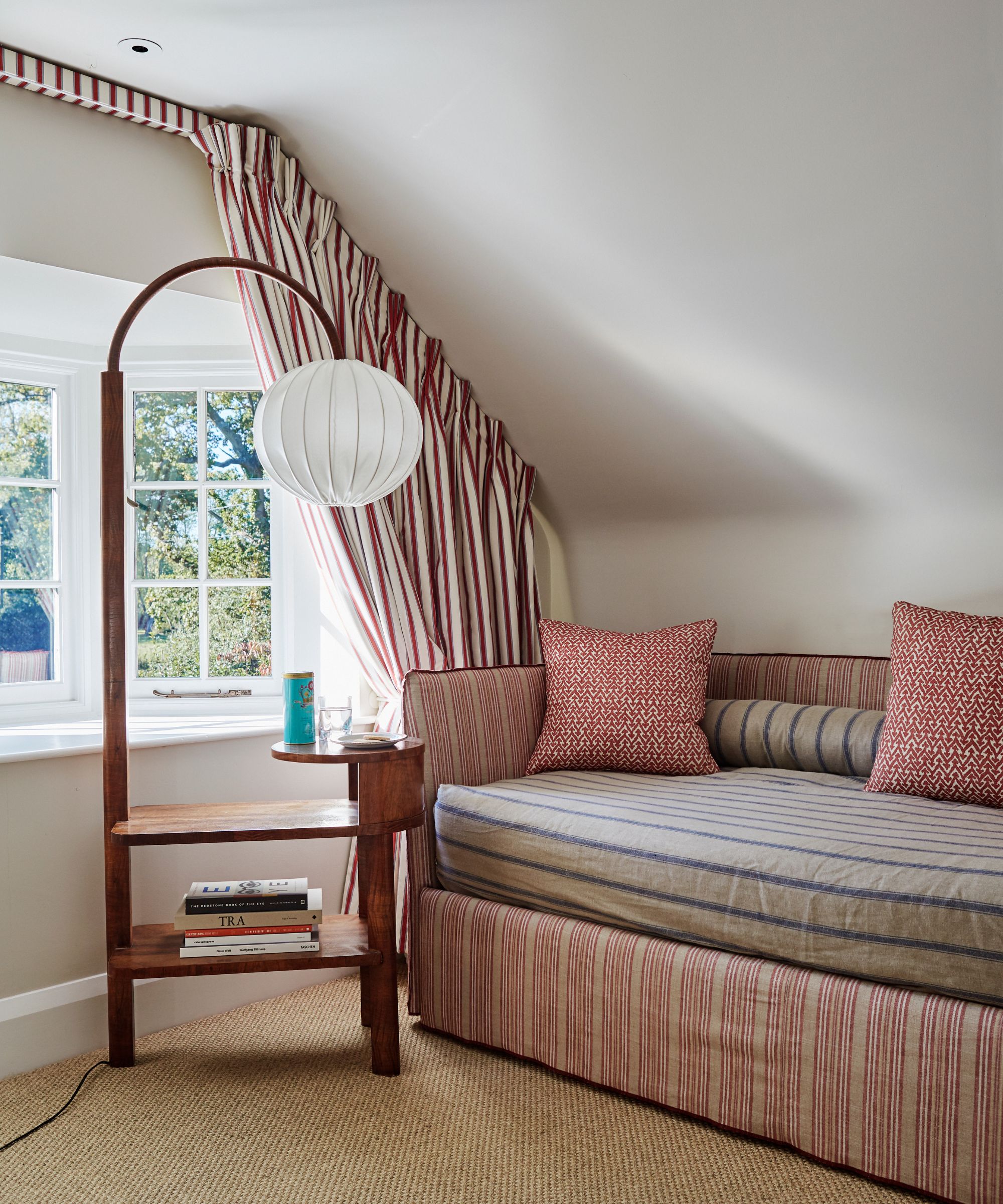
Creating space saves you time, money, and energy, while giving your mind and body more space to rest.
To set yourself up for a successful decluttering session, first, take a breath, and develop a sense of awareness – taking an inventory of what you own versus what you’re actually using.
So many clients tell me, “But I love everything", to which I respond, “Then let’s see if you can change your definition of love" – because a lot of this stuff doesn’t love you back.
When deciding where to start when decluttering, I suggest focusing on one drawer, one closet, or one room at a time. This way, you gradually regain both financial and emotional control without descending into decluttering when overwhelmed.
Then, set small, achievable goals to reduce duplication and free up space. One of my best decluttering tips is to set a date to declutter with a friend, utilizing the motivating boost and emotional support of body doubling, and add it to both calendars.
Facing up to your financial burdens can be very emotionally draining. When it comes to working out what to do with the items you are decluttering, see where you can reclaim some of those previously lost finances.
Sell unused items online, or donate to the nearest non-profit for a tax deduction, and eliminate the need for off-site storage. All of these steps will move you toward a clutter-free lifestyle for free.
Think of clearing clutter as an investment in your future self and how you want to live moving forward. Every bag sold or donated, every duplicate returned to circulation, every storage bill canceled – it all adds up.
Less clutter means less financial waste, more time, and a greater sense of calm at home. That’s a return on investment you can feel every single day.
Homes & Gardens' organizing must-haves
The editors at Homes & Gardens share some of their favorite organizing must-haves.
All prices were correct at the time of publication.

Measuring 8x10x11 inches, these handwoven water hyacinth baskets are ideal for drop zones, shelves, and cabinets to contain mess and prevent clutter creep.
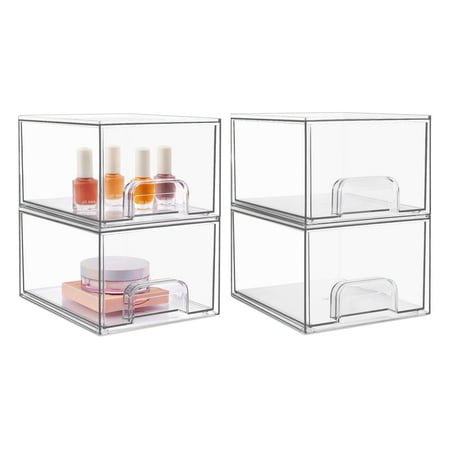
Make better use of vertical storage to save space on shelves by using stacking drawers. Clear containers mean items are less likely to be lost, too.
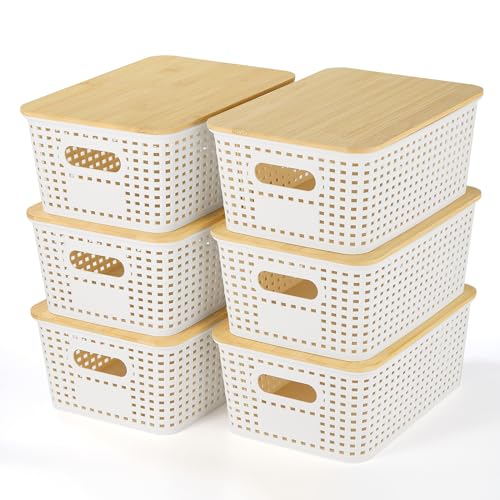
These clear stacking bins are ideal for items that need ventilation, such as food packets or bathroom products, helping to keep them neat without the risk of mold or odors so nothing goes to waste prematurely.
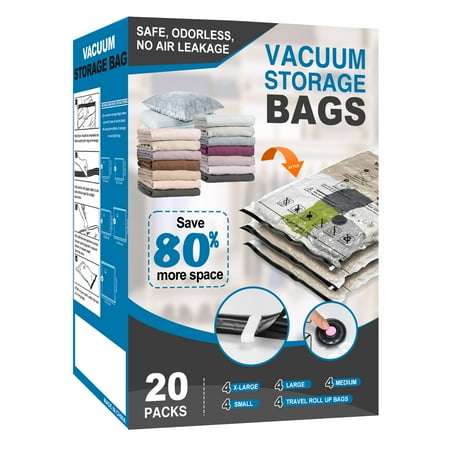
Vacuum storage bags are ideal for seasonal storage, keeping clothes and household linens safe from pests and moisture, without them taking up valuable storage real estate.

These under-bed storage bags on wheels are easy to pull out, and maintain good ventilation for items to prevent mold or musty bedroom smells. The clear lids prevent items from getting lost, helping save money on duplicates, whilst keeping out pests.
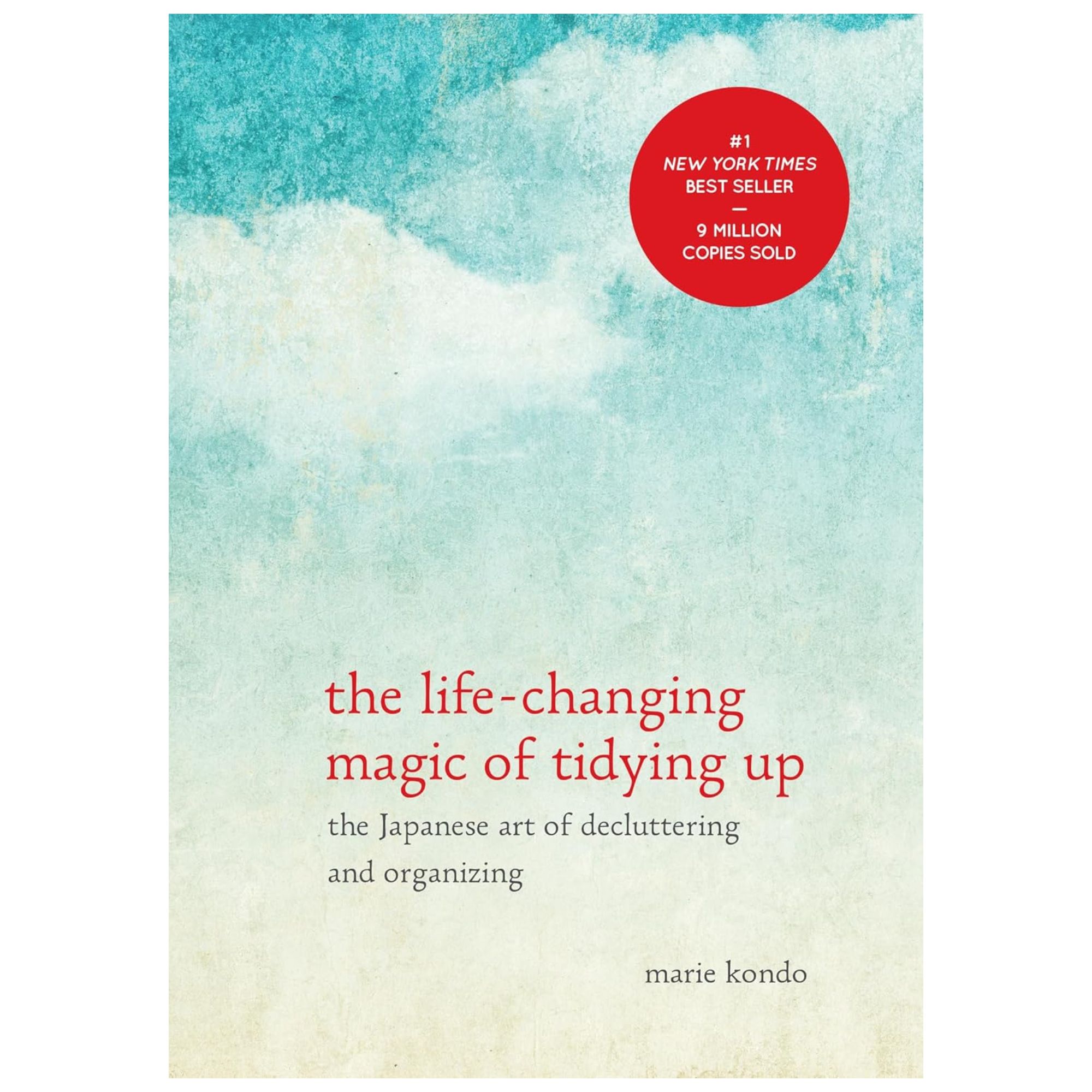
This bestselling book packs so much information into a mere 200 pages, in a readable and digestible format that's accessible to readers of all ages.
Of course, one of the best ways to save money is to stop clutter before it starts. The ETC Method is ideal for this, helping to cut spending and reduce waste and clutter.

Dr. Regina Lark transforms the way people think about organization and productivity by revealing the fascinating connection between brain science and behavior. As a speaker and consultant, she helps audiences understand how their brain’s executive function impacts everything from decluttering decisions to daily productivity.
- Chiana DicksonKitchen Appliances Editor